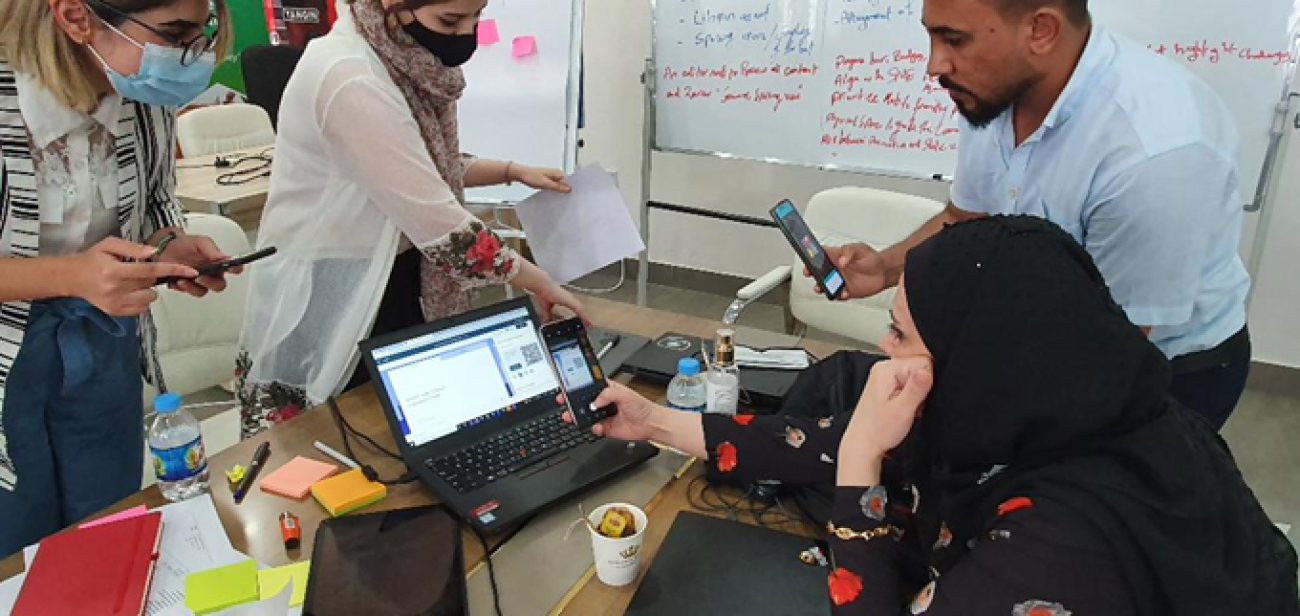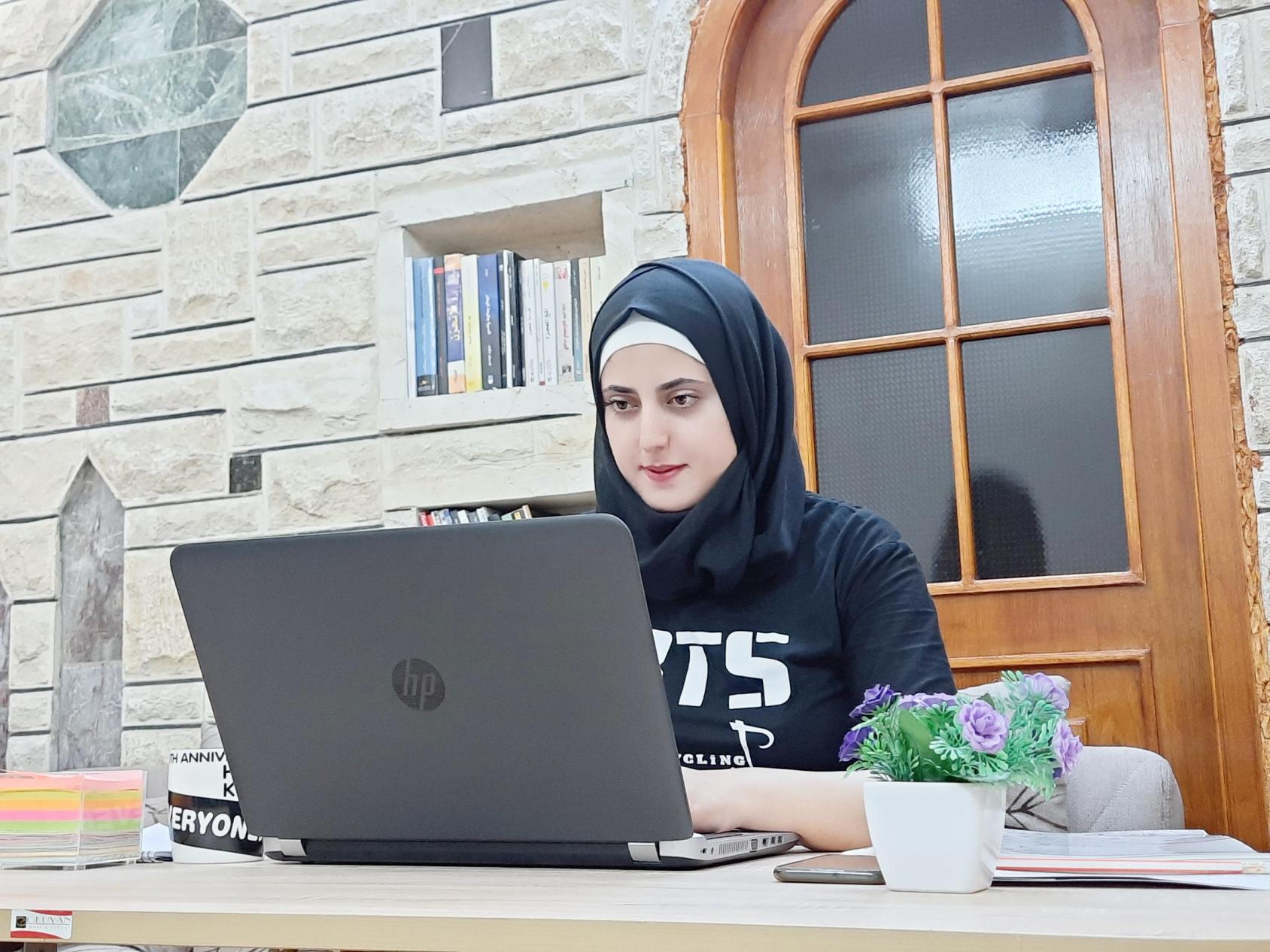Iraq’s young entrepreneurs: A promising engine of economic growth

Iraq’s youth – who total more than 8 million in the age 15 to 24 group – represent their country’s most important untapped resource.
But young workers have limited job and career prospects. The causes are many. Years of conflict and instability. A private sector that is in its infancy. Lack of economic diversification. Prolonged underinvestment. These factors affect the whole population, but young people most of all.
At the same time, Iraqi young people have a lot of energy, drive, and ideas. Supporting young entrepreneurs and their small businesses may be one of the best ways to foster recovery and development.
Transforming the medical sector in the Kurdistan Region

“The number of weapons and rockets outnumber medical equipment,” says Nasreen. “And I want to correct this.”
Twenty-five-year-old Nasreen Hassan has been working for years on a business idea that will help hospitals and medical centres in the Kurdistan Region of Iraq improve and maintain their medical equipment.
Having witnessed years of conflict, Nasreen says that she wants to do her part in saving and improving the lives of women, men, and children, especially in light of the current worldwide pandemic.
“I want to produce, install and provide maintenance for medical machinery locally,” said Nasreen. “This will help create jobs for young people and open new opportunities for many [people].”
Unable to pursue a degree in medical engineering, the IT graduate joined the ILO’s Start Your Business (SYB) training programme in Iraq, which equipped her with the knowledge and tools needed to set up her business. The training is part of efforts being implemented by the ILO under PROSPECTS, a multi-agency programme supported by the Government of the Netherlands.
“The most beneficial part of the training was the business plan,” said Nasreen. “From the first day of the training with the ILO, I have been working on my business plan, one step at a time.”
The programme will also link some of the trained youth with access to affordable financial services, to help them start up their businesses and establish a decent livelihood.
For Nasreen, there are many hurdles to overcome and training opportunities to pursue. Yet despite the long journey ahead, she is determined to see her business plan come to life.
Supporting Iraqi youth in agriculture
“Entrepreneurship is hard everywhere, but it is even harder in Iraq,” says Muthanna Khamees Rashid, talking to a group of trade experts and other young entrepreneurs.
With a master’s in agricultural economy from the University of Mosul, Muthanna has a clear vision for his future.
He recently launched an integrated fish and tomatoes greenhouse system. This solar-powered system will tackle problems in Mosul such as water scarcity, food insecurity, and access to fish and vegetables.
The training he had received on agronomy and business development in addition to seed funding has come in handy. But he is still aware of the challenges he faces.
“We need to change the mindset and make people aware that they can become entrepreneurs in agriculture,” says Muthanna, as he reaches for the phone in his pocket.
As Muthanna picks up his ringing phone, his face lights up with a smile. His first daughter is born, and he shares the happy news with everyone. He has found another reason to take his business to the next level.
Muthanna is one of the many young bright Iraqis working in agribusiness who participated in the group discussion, which was organized by the International Trade Centre (ITC). The discussion is part of a larger project by ITC called Strengthening the agriculture and agri-food value chain and improving trade policy in Iraq (SAAVI) funded by the European Union. The project will develop Iraq’s agribusiness value chain, improve trade policy, and contribute to inclusive growth and job creation—particularly for young people.
After many years of conflict and insecurity in their country, young people like Muthanna and Nasreen are forging a path not just for their own careers, but for their country.
Story is based on two stories originally posted on UN Iraq. Editorial support provided by Elie Baaklini and Paul VanDeCarr of the Development Coordination Office. For more information on the United Nations' work in Iraq, please visit: Iraq.UN.org. To learn more about the results of our work in this area and beyond, please read the UNSDG Chair Report on DCO.













